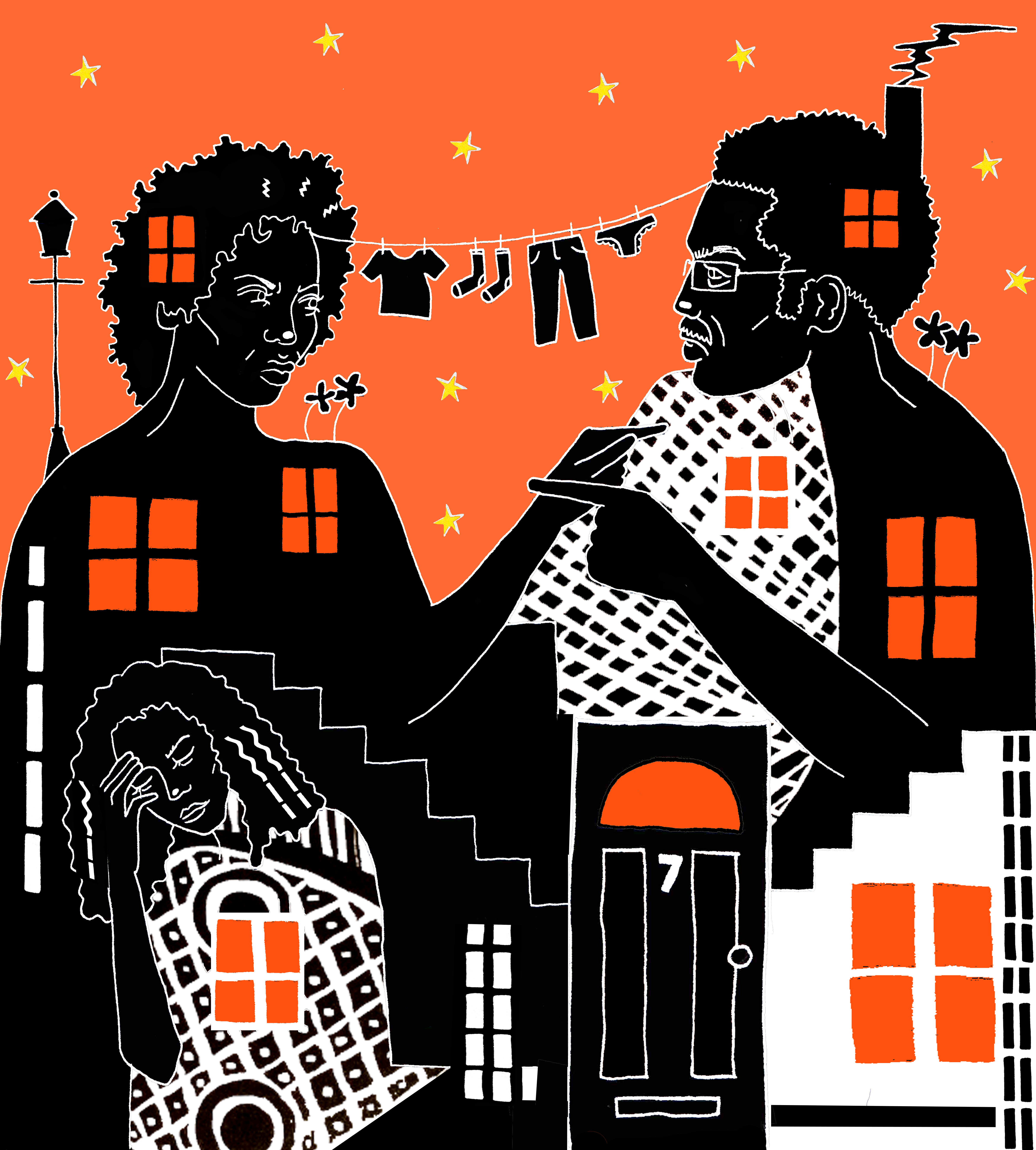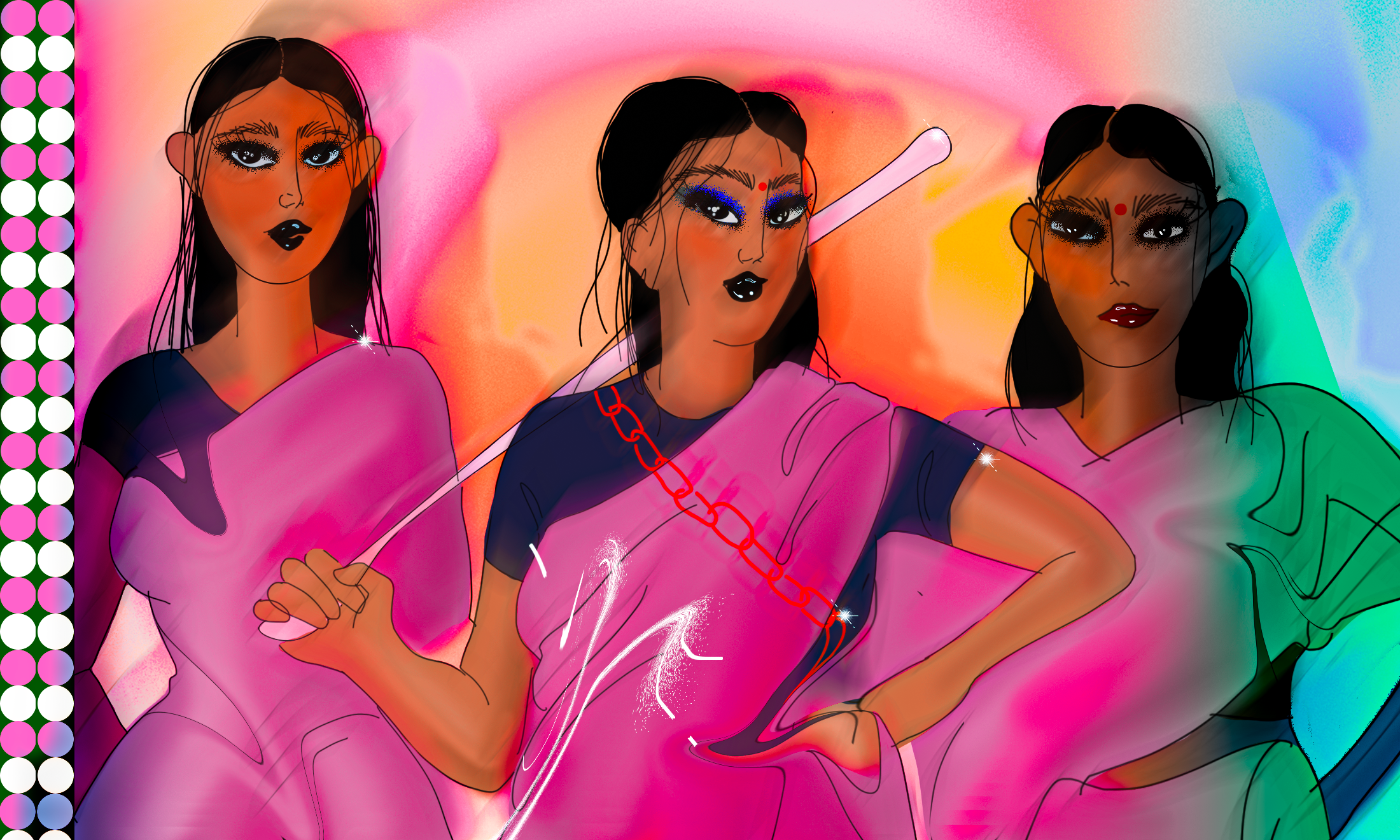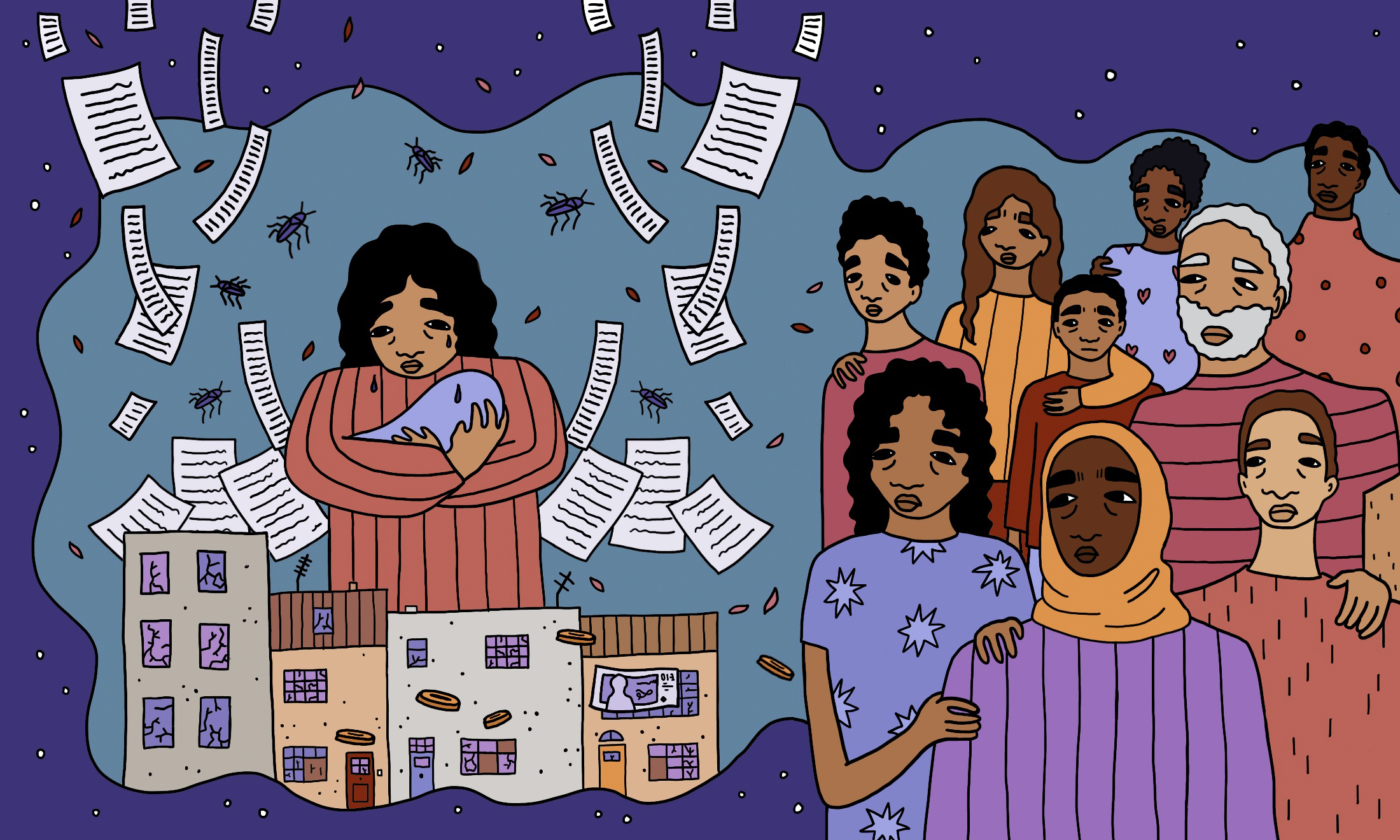
In the run up to our birthday and release of our second print issue, we’ll be posting articles focusing on this year’s theme of ‘HOME’ . They will feature content centred around our experiences relating to what home means for us as women and non binary people of colour, in a personal and political sense. Tickets for the print launch are sold out, but you can pre order the issue here.
There are many things you are taught not to discuss with outsiders as a young child, particularly within an African home. Turbulent family dynamics or your parent’s marital issues are off limits; if you talk about them, it is a betrayal, you have “aired one’s dirty laundry in public”. My parents were committed to upholding the idyllic family existence. They clung to the immigrant dream of 2.5 children, a perfect marriage and an exemplary household; the unrealistic image of British family life that is sold to us in every commercial advert. Our difficulties are often so shrouded in secrecy that when they are finally exposed, the weeping wounds are usually irreparable.
It has taken me a decade to understand that my family dynamic is far from normal. For years, I thought it was perfectly acceptable to wake up in the middle of the night riddled with anxiety that an argument or physical violence may erupt between my parents. First the sound of raised voices, a door slamming shut, and then the sound of my brother or grandma trying to intervene.
“My grandmother moved in for a period of time to take care of my siblings and I, trying to shield us as best she could from the drama of it all”
I must have been about eight when it first started. My grandmother moved in for a period of time to take care of my siblings and I, trying to shield us as best she could from the drama of it all. I remember snuggling up to her on the sofa as she told me “None of this is your fault. Aunty Yomi has always been jealous of your mother and keeps telling lies”. The words of my grandmother, who so desperately wished to protect us, only added to the confusion that my siblings and I felt.
Within many West African communities there is the concept of black magic or “juju” whereby your enemies may wish you and your loved ones ill through spiritual means. Although this is undoubtedly still practiced throughout many African and non-African communities, it often feels like a convenient get out clause. No problem is ever anybody’s fault but solely due to external forces or juju. I have struggled for years to have a meaningful conversation about my turbulent family home because of individuals who are completely unwilling to accept responsibility for their own failures.
When I entered my early teens, I remember plucking up the courage to ask my mother about the ferocity and intensity of those arguments. Her response was simple, “everyone has arguments and [I] should stop behaving like a spoilt child”. She barely even looked at me. I tried to push back and referred to incidences of furniture being broken, my Grandma intervening and the police making visits regarding “a disturbance”. But she was adamant that there really was no issue that should concern me. I felt that I was going mad, hallucinating a parallel universe where only my siblings could hear me. As far as my mother was concerned, I had a roof over my head, a family who loved me and she was not about to discuss any “issues” with an adolescent.
“Within a very short time my parents lifted a lid on a horrifying Pandora’s box of secrets”
Large family events were especially painful, with extended relatives continually praising us for being such a good unit. My sister and I would knowingly look at each other and then straight at the floor, before we could catch our parents’ eyes. It was awful and I felt the ultimate fraud – the great pretender.
Once my sisters and I left for university, my parents’ marriage – which was built on fragile foundations, crumbled entirely. Within a very short time my parents lifted a lid on a horrifying Pandora’s box of secrets. Nobody cared any more about who was right or wrong, they just wanted to smear each other as much as possible. I know things about my parents that I simply do not wish to – love lives, affairs and debts were all dragged into the open and laid before me.
With my parents new found approach to each other, I felt emboldened to no longer keep our family secrets. As I struggled to manage the situation alongside my degree, I began to confide in people I was close to. Although several were shocked about just how appalling conditions at home had become, many of my African and Asian friends opened up about their own difficult homes lives.
“In the eyes of many, the appearance of a perfect home life must be maintained at all costs, even if that means sacrificing one’s mental well-being”
Studies have shown that BAME communities still have poor engagement with talking therapies, including family therapy. A key barrier is the stigma associated with accessing services and feeling therapists from different backgrounds will not understand. In the eyes of many, the appearance of a perfect home life must be maintained at all costs, even if that means sacrificing one’s mental well-being. But, I am no longer ashamed. I did not create my messy family life and I should not be forced to pretend it does not exist.
Not everyone is fortunate enough to have a happy, healthy home and we should not be made to feel ashamed because of this. There is the occasional moment when I meet a friend’s family and they seem relaxed and happy. I experience a twinge of jealousy wishing that I could have a similar setup, however, I remind myself that you can never truly know what is occurring behind closed doors.
I rarely attend any large-scale family gatherings anymore. I am no longer willing to pretend that everything is “normal”. My broken family home has made me determined to seek tranquillity in other aspects of my life and approach my own relationships with as much honesty as possible. As long as it’s taken me to realise, admitting that your family home is broken, messy and at times ugly does not make you a lesser person.









